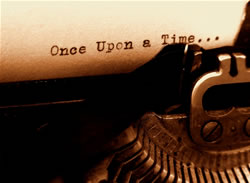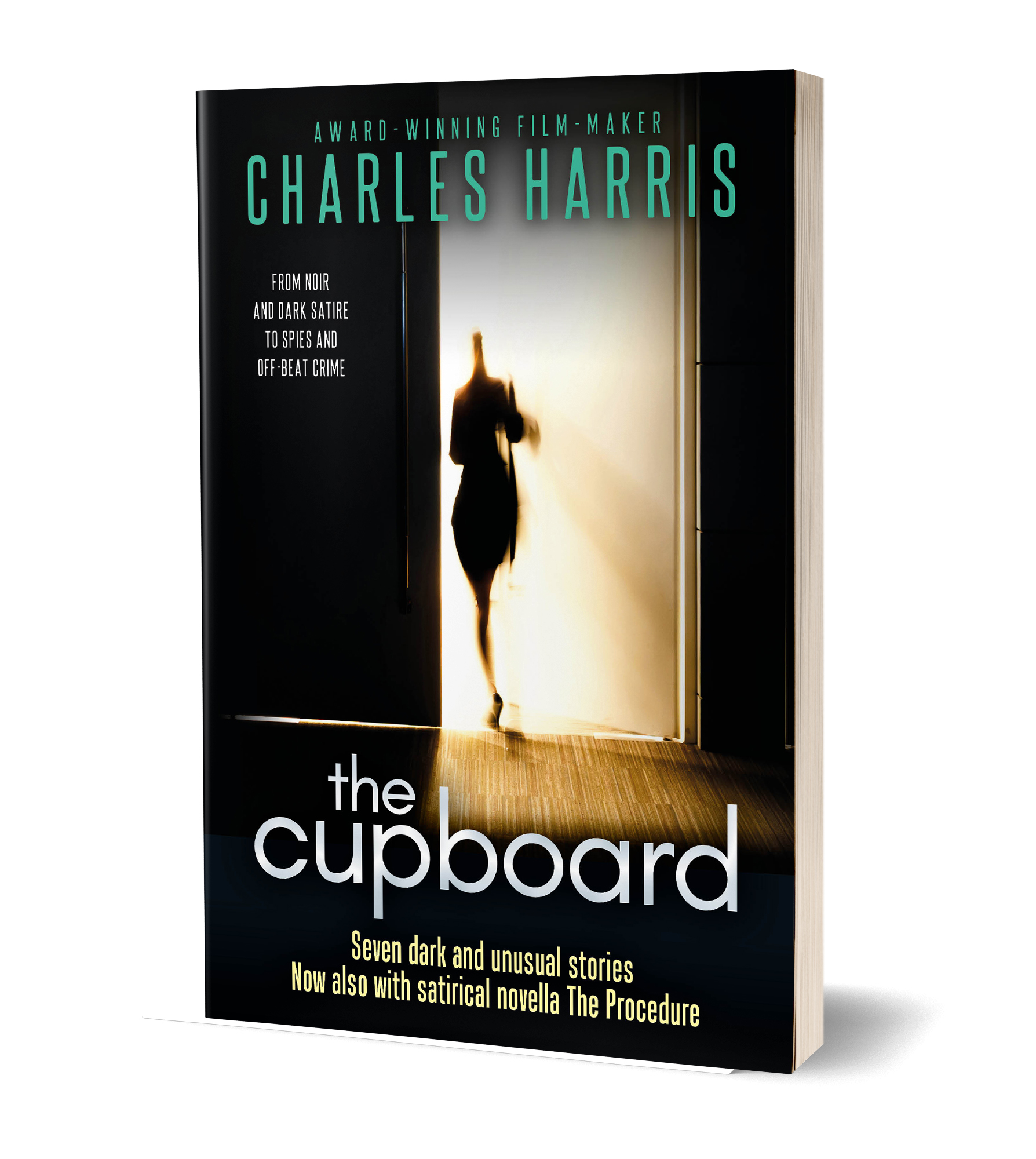Openings

It was like they weren’t there.
This is the opening sentence of my novel The Breaking of Liam Glass.
Why did I write the opening as I did and not in one of a million other ways?
Books’ openings are crucial. As readers, we use them to judge, decide to buy, perhaps not buy. Amazon has done many things, good and bad, but one of the best is that you can now read the openings of millions of books – probably the majority of books currently on sale.
But how do we judge? Most of us judge the first pages of a book on instinct – but maybe we can do better than that.
Good openings draw us straight in.
Tom Wolfe’s best-selling satire of New York life The Bonfire of the Vanities begins:
And then say what? Say, ‘Forget you’re hungry, forget you got shot inna back by some racist cop –
We’re plunged straight in. Who’s talking? And where? We have to read on to find out.
In the very first of his ten rules for writers, Elmore Leonard said “Never open a book with the weather.”
Well, the opening of George Orwell’s 1984 famously begins:
It was a bright cold day in April, and the clocks were striking thirteen.
In Nabokov’s Favourite Word is Mauve, his fascinating book on writing statistics (yes, it’s possible), Ben Blatt notes that 13 of the (then) 86 Pulitzer Prize winners for fiction start with the weather.
But the weather isn’t the point here. In fact, it’s a clever distraction.
Beginning with apparently flat and ordinary description, Orwell smacks you around the head with the last word of his first sentence.
And while we’re on last words of opening lines, Louise Doughty’s Apple Tree Yard has (in my opinion) one of the best opening chapters of any literary crime novel. Her first line goes:
The moment builds; it swells and builds – the moment when I realise we have lost.
Once more a question is posed. What has happened? Who are “we” – and what have we lost. Immediately we are plunged into danger. Even before we know who is speaking and what is at stake, we are afraid.
Images
Liam Glass continues:
Millions of Londoners streamed past the Gordon Road Estates every twenty-four hours, in their cars, buses and trains, but they didn’t see them; as if they were invisible, easily ignored.
I wanted, from the first, to open the story up visually. To give the reader something to see. The millions of commuters.
At the same time, I was creating an opposition. On the one side, the people we all know. On the other side, the people we all too easily forget about.
A mixed-up part of town, full of mixed-up people, where nothing much ever happened. Squeezed between the rich glamour of Regent’s Park, the neon buzz of central London and the squat seriousness of Euston. High-rise blocks towered over low ones; pensioners scratched along next to smart-casual media consultants; bankers in Reiss suits lived beside teenage gangsters in shades.
This begins to set up human interest and hints gently at some of the themes to come.
Much of the story is going to be about opposites. About the glamour and the seriousness. The media successes and the teenage gangsters. And I deliberately chose a location that symbolised that. Where division is everywhere and even the blocks of flats can’t agree on whether to be high or low.
If you parked your car next to one of the little squares, you didn’t know if you were going to come back and find a glossy leaflet for Hatha Yoga under the wipers, or the wheels gone and the car up on bricks.
Voice and tone
It’s important that a novel establishes the author’s voice. A sense of the writer’s personality and approach, at least for the duration of the story in hand. And a sense that we can trust them – that we will be happy to spend the next few hundred pages in their company.
In particular, I was aware that I was writing a satire. The comedy in satire is very dark, but it’s vital. So I wanted to prepare the reader by getting a touch of wry humour in early.
The line above isn’t a full-on roll-in-the-aisles Michael McIntyre gag, but there’s something about the unexpectedness of it that gets a chuckle at readings.
And it helps prepare the reader for the tone of the book to follow.
But something was about to happen tonight.
Pace and character
And here I also needed to establish pace. Through another contradiction. A few lines ago I said nothing much ever happened on these estates – but I lied. (The first of many twists and misdirections).
Something is going to happen after all.
The one thing we don’t yet have is a character.
But we meet Liam Glass himself in the very next line, waiting angrily in the dark outside his front door on one of the first-floor walkways –
shuffling from one foot to another, hunched into his hoodie, waiting, waiting, waiting…
It will be our first, and virtually last, sight of Liam in action, as for most of the book we see him through the eyes of others – talked about, thought about, exploited, his life put at risk – as those others try to use him for their own personal ends.
And now the story can really start.
Read more
Elmore Leonard’s 10 Rules for Writers
Rules for novelists writing rules for novelists
Nabokov’s Favourite Word is Mauve
If you enjoyed this article – please do share it using the buttons


Tell people what you think